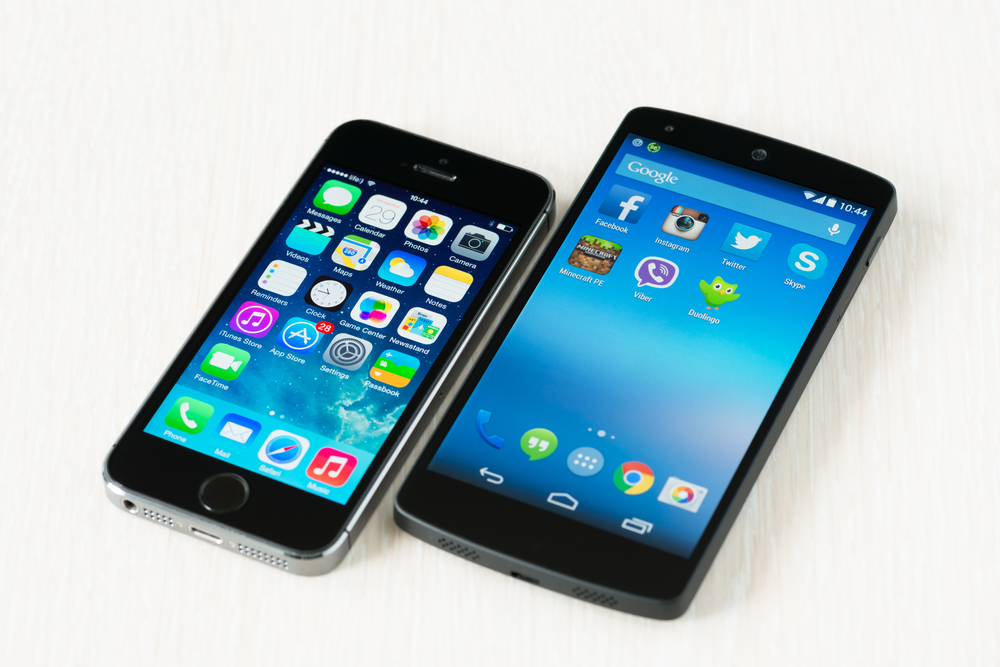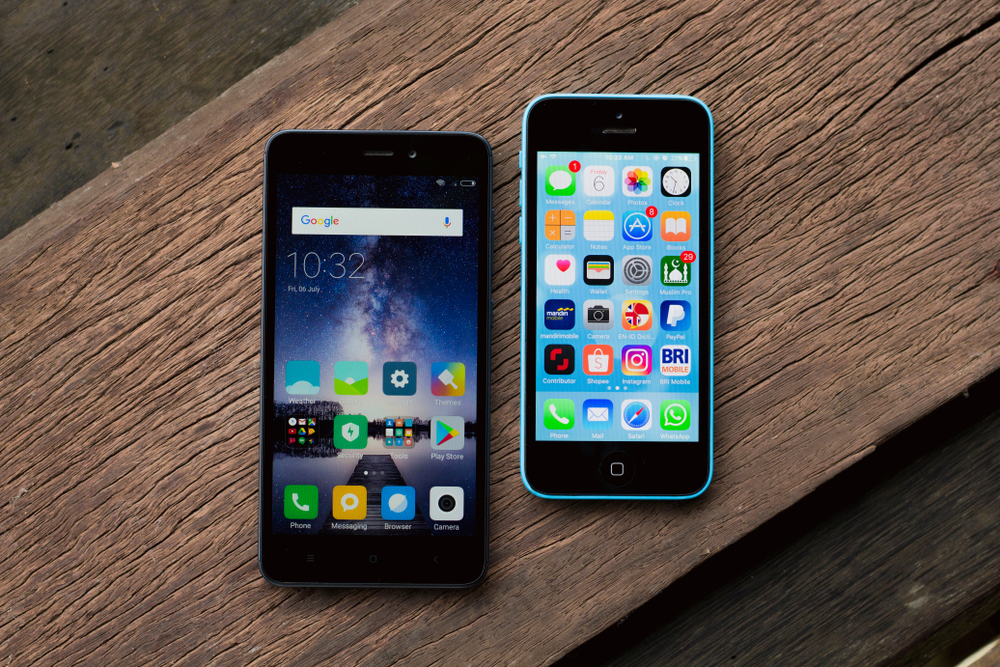
Mastering Mobile App Marketing: Insider Tips and Techniques for Successful Promotion

With millions of mobile apps vying for users' attention, it's no wonder that app marketing has become crucial for success. Regardless of how amazing your mobile app may be, it will not gain traction without a solid marketing strategy. In this article, we will explore insider tips and techniques to help you master mobile iOS or Android app marketing and achieve successful promotion.
The Power of App Store Optimization (ASO)
Just like search engine optimization (SEO) for websites, app store optimization (ASO) is essential for mobile Google Play or App Store app discovery. ASO involves optimizing your app's title, description, keywords, and visual assets to increase its visibility in app stores. By incorporating relevant keywords in your app's metadata and optimizing visuals, you can improve its ranking in search results.
To master ASO, start by conducting keyword research to identify high-traffic and low-competition keywords. Next, incorporate these keywords in your app's title and description, making sure to provide a clear and concise overview of its features and benefits. Additionally, use compelling screenshots and a captivating app icon to grab users' attention in search results.
Create a Captivating App Website
An app website is crucial for mobile app marketing, as it serves as a central hub for promoting your app's features, updates, and customer testimonials. Your app website should showcase the unique value proposition of your mobile Android or iOS app and convince visitors to download it.
When creating your app website, focus on creating a visually appealing design that aligns with your app's branding. Use high-quality screenshots and videos to demonstrate your app's functionality, and provide a clear call-to-action for visitors to download it. Additionally, include social proof, such as user reviews and testimonials, to build trust and credibility.
Employ Influencer Marketing
Influencer marketing has become a powerful tool in the world of mobile app promotion. By partnering with influencers in your app's niche, you can leverage their large and engaged audiences to generate buzz and drive downloads.
When selecting influencers, look for those who align with your app's target audience and have a genuine interest in your app's niche. Collaborate with influencers to create engaging content, such as sponsored posts, videos, or live streams, that highlights your app's features and value. By leveraging their trust and influence, you can effectively reach a wider audience and increase app awareness.
Utilize Social Media Advertising
Social media platforms offer sophisticated targeting options that allow you to reach your app's target audience with precision. By creating captivating ad campaigns on platforms like Facebook, Instagram, and Twitter, you can increase awareness, drive app installs, and boost user engagement.
When designing social media ad campaigns, focus on creating visually appealing and engaging content that aligns with the platform's best practices. Incorporate videos, images, and compelling ad copy to capture users' attention and entice them to click on your ads. Furthermore, utilize targeting options, such as demographics, interests, and behaviors, to reach users who are most likely to be interested in your app.
Measure and Optimize
mobile App Store or Google Play app marketing is an ongoing process, and to achieve success, it's crucial to measure the performance of your marketing efforts and optimize accordingly. By tracking key metrics, such as app installs, user engagement, and retention rates, you can gain insights into the effectiveness of your marketing strategies.
Use app analytics tools, such as Google Analytics or Firebase Analytics, to track and analyze the performance of your mobile app. Identify areas where you can further optimize, such as improving user onboarding, refining your app's messaging, or enhancing the user experience. Continuously iterate on your marketing strategies based on the data you gather to improve your app's performance and maximize its success.
Frequently Asked Questions
1. How long does it take to see results from app store optimization?
The time it takes to see results from app store optimization can vary. It depends on factors such as the competitiveness of your app's category, the quality of your ASO efforts, and the level of competition in the app store. Generally, it can take several weeks to see significant improvements in your app's visibility and organic downloads.
2. Should I focus on paid advertising or organic promotion?
Both paid advertising and organic promotion are important for a comprehensive app marketing strategy. Paid advertising can provide an initial boost in app visibility and downloads, while organic promotion, through tactics like ASO and influencer marketing, helps in establishing long-term growth and sustainability. A balanced approach that combines both strategies is recommended.
3. How can I encourage users to leave positive reviews for my app?
Encouraging users to leave positive reviews requires providing a great user experience and proactively engaging with your users. Prompt users to leave reviews within the app at appropriate moments, such as after completing a task or achieving a milestone. Respond to user feedback and address any issues they might face promptly. Additionally, consider offering incentives, such as exclusive content or rewards, to encourage users to leave reviews.
4. Is social media marketing effective for app promotion?
Yes, social media marketing can be highly effective for app promotion. Social media platforms offer vast user bases and advanced targeting options, allowing you to reach your app's target audience with precision. By creating compelling ad campaigns and engaging with users through organic content, you can increase app awareness and drive downloads.
5. How often should I update my app's marketing strategies?
App marketing strategies should be updated regularly to adapt to changing market trends, user preferences, and new promotional opportunities. It's important to stay informed about the latest marketing techniques and to regularly review and analyze your app's marketing performance. By staying up to date and willing to experiment with new strategies, you can stay ahead of the competition and optimize your app's marketing efforts.
Other useful resources
- https://en.wikipedia.org/wiki/IOS
- https://www.appguru24.com/apps/